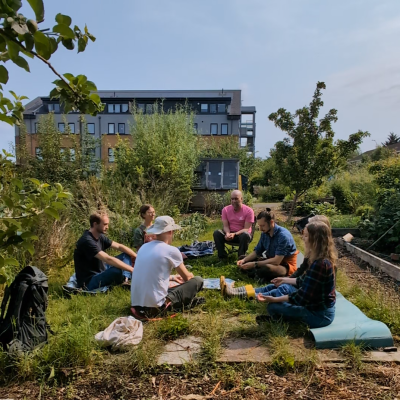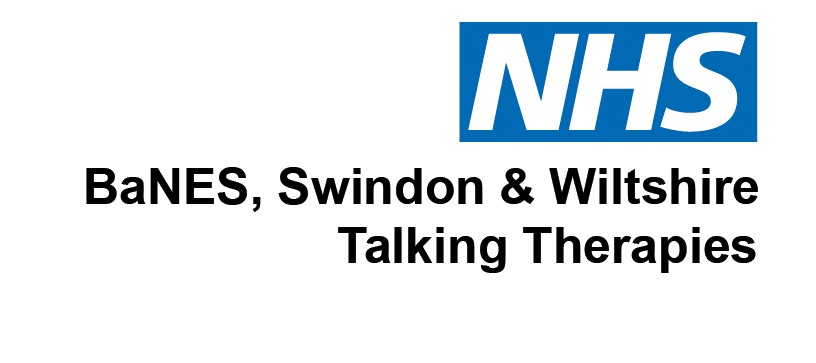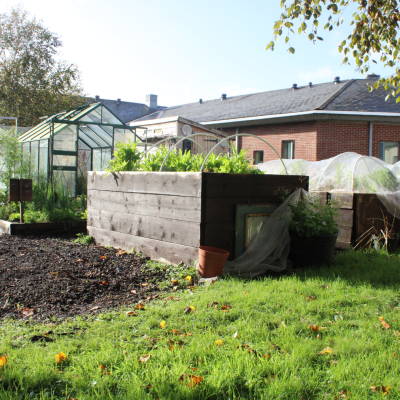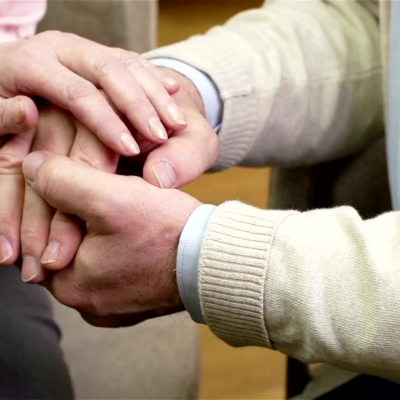Publish date: 11 February 2022
The COVID-19 pandemic has affected everyone in some way, and has left many children with feelings of anxiety for the future and uncertainty about when things will return to normal.
Around three children in every primary school class has a mental health problem, and many more struggle with challenges from bullying to bereavement, which can have an impact on their emotional wellbeing and mental health.
This Children’s Mental Health Week (Monday 7th to Sunday 13th February) Avon and Wiltshire Mental Health Partnership NHS Trust is supporting Place to Be’s campaign, ‘Growing Together’, which aims to encourage children and adults to consider how they have grown and how they can help others to grow.
Alisa Fullarton, Clinical Lead and CAMHS Primary Mental Health Specialist, for Avon and Wiltshire Mental Health Partnership (AWP) NHS Trust, said: “It has been a difficult time for all of us over the last few years, particularly our children, who have been away from school and friends, faced long periods of isolation, ever changing rules and restrictions, with the continued uncertainty of when things will return to normal.
“This Children’s Mental Health Week we are reminding parents, carers, teachers and anyone who works with children and young people that we can all play a part in helping children to recognise how they have grown, to celebrate their achievements and find ways to boost their confidence and self-esteem.
“From encouraging a child to improve their reading, maths or drawing, to helping them gain confidence in sports and social activities, just spending some time with a child and using positive words of encouragement and supporting them to try something new can make a big difference.”
AWP is also keen to help parents to spot the signs that their child may be struggling with their mental health and provide them with information about how to access help and support.
Ailsa continued: "If you have noticed that your child is withdrawn, they have difficulty concentrating or they have been persistently sad for two or more weeks, it’s a good idea to speak to them about how they are feeling. Explain that it’s important to recognise their emotions and try to support them through their difficulties. If things persist or get no better and you continue to feel worried please seek help via your school or GP."
How to spot the signs of poor mental health in a child
- Persistent sadness, for two or more weeks
- Withdrawing from or avoiding social interactions
- Hurting oneself or talking about hurting oneself
- Talking about death or suicide
- Outbursts or extreme irritability
- Out-of-control behaviour that can be harmful
- Drastic changes in mood, behaviour or personality
- Changes in eating habits
- Loss of weight
- Difficulty sleeping
- Frequent headaches or stomach aches
- Difficulty concentrating
- Changes in academic performance
How you can support a child with mental health difficulties
- Talk to your child about how they are feeling and let them know it's OK to be scared, worried, angry or sad
- Normalise feelings of anxiety and sadness and explain that we all experience these emotions
- Answer your child's questions as best you can and appropriate to their age. Even if you don't have the answers, just talking things through will help them feel calmer
- Encourage your child to do the things they enjoy and encourage them to get some exercise as this can improve how they are feeling
- Provide reassurance and let your child know you are there to talk to about their thoughts and feelings
- Encourage children to engage in creative activities such as creative writing, scrapbooking etc - producing a creative or visual record of their situation may be helpful and therapeutic for some
- Engage in a positive activity together, as this can help take their mind off their worries and could provide an opportunity to talk about their feelings
How to access help
- Talk to your child's school about any additional wellbeing interventions they might be able to offer
- Seek help via Off The Record - www.otrbristol.org.uk or Kooth - www.kooth.com
- Speak to your GP who will be able to provide you with the most appropriate help
Useful websites and apps
- Young minds - www.youngminds.org.uk
- Minded - www.minded.org.uk
- Calm - www.calm.com/
- Headspace - www.headspace.com/









